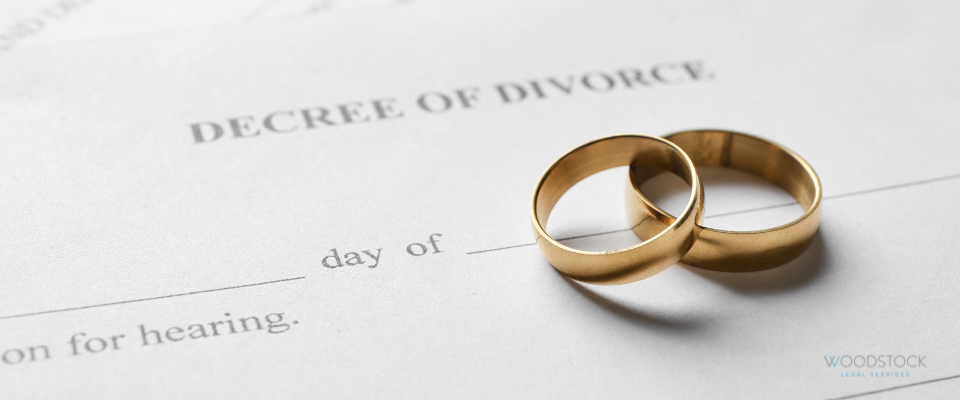Coronavirus and the moratorium procedure for corporate insolvency
and so the stay continues....

Following the swift enactment of the Corporate Insolvency and Governance Act 2020 passed in June 2020, giving eligible companies the ability to obtain a moratorium allowing various protections against creditors, on 24th September the Government unveiled The Corporate Insolvency and Governance Act 2020 (Extension of the Relevant Period) Regulations 2020(the “Regulations”).
The changes brought in by the Corporate Insolvency and Government Act 2020 were due to expire on 30 September 2020 but have now been extended in order to give businesses much needed breathing space to continue to trade.
This comes alongside various other measures introduced to relieve the pressure on the economy following a further period of restrictions designed to prevent a second significant spike in infections.
You can read the full legislation using the following link ( https://www.legislation.gov.uk/uksi/2020/1031/introduction/made) and for a change it is fairly short and snappy..
So what do the Regulations actually do?
Key points to note
- The threshold to bring a winding up petition is (until 31 December 2020 at least) much more difficult to satisfy and of little practical effect
- The provisions apply to companies only; individuals do not get the same protection
- The forfeiture moratorium and restrictions on the recovery of arrears by CRAR have both been extended in England until 31 December 2020 so the practical options of recovery are severely limited for landlords
- On the face of it, come 1 January 2021, there may be a flurry of activity descending upon an already stretched court system
How does this impact Commercial Landlords and what can be done?
The only practical measures available to commercial landlords is to reach an agreement with their tenants i.e. by way of a side letter, amending the current payment terms of the lease or instead issuing debt recovery proceedings.
Woodstock has been instructed by several commercial landlords experiencing problems with tenants paying their rent on time or at all. We have however had great success recovering full rent owed, by engaging with tenants and providing strategic advice to our landlords. Often a well drafted letter before action and sensible dialogue works better for both parties.
If you need help with recovering commercial rent arrears, then please contact us and we will be happy to help.
Contact Us
Contact Us
News & Insights










